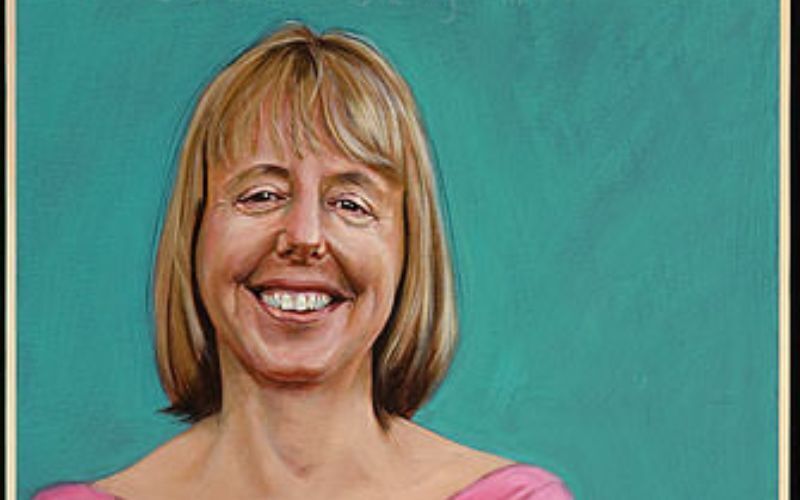Human Rights Advocate, Anti-War Activist, Author (1952 – )
It is our responsibility as global citizens to learn to communicate with those we are taught to see as enemies. For it is only when we understand each other, love each other, and think of every man and woman as our brother and sister that we will finally be on our way to ending war.
Additional Quotes by Medea Benjamin
Changing the structure and rules of the global economy will require a mass movement based on messages of compassion, justice, and equality, as well as collaborative and democratic processes ... If we stay positive, inclusive, and democratic, we have a truly historic opportunity to build a global movement for social justice.
When most Americans hear of human rights abuses, they likely think of atrocities in some far-off country in a forgotten corner of the globe. . . . [But] abuses against individuals' basic rights also occur regularly here in the United States, and our money-saturated political system hardly deserves the title 'democracy.
We who oppose war, and who now represent the majority of Americans, must force our representatives to represent us.
Biography
Medea Benjamin was born Susan Benjamin but in college changed her name to that of the Greek mythological woman. She has a Master’s Degree in both Public Health and Economics, and has spent over twenty years advocating for human rights all over the world. Benjamin spent ten years in Latin America and Africa as an economist and nutritionist for such organizations as the United Nations Food and Agriculture Organization and the World Health Organization, and lived for five years in Cuba. She is the author of eight books, includingBridging the Global Gap: A Handbook to Linking Citizens of the First and Third Worlds (1989), and Greening of the Revolution: Cuba’s Experiment with Organic Agriculture (1995).
Benjamin and her husband Kevin Danaher co-founded Global Exchange, an organization dedicated to promoting “fair trade” practices, where environmental concerns and fair wages for the production of goods take precedence over corporate profits. She has fought against sweatshops, particularly in the garment and shoe industries, and with Global Exchange persuaded corporate giant Nike to investigate and monitor its overseas factories to ensure safe working environments and living wages. Global Exchange was also a prominent, key factor in organizing the protests against the World Trade Organization in Seattle in December 1999.
It was after the attacks on September 11, 2001, however, that Medea Benjamin’s activism took on a different tone and color – pink. She co-founded CODEPINK: Women for Peace in 2002. It’s a “women-run, women-led peace organization”, whose activities range from personal meetings with members of Congress to dressing in pink surgical scrubs handing out “prescriptions for peace.” Their approach is inventive, often playful, and always in pink, but their goal for peace is serious. Their acts of civil disobedience can be confrontational and often involve members being arrested, but this merely strengthens their resolve. Code Pink’s Members include prominent figures such as Ann Wright and Diane Wilson, but also “regular” women from all over the country, participating in at least 250 chapters. In 2006, Benjamin and Code Pink brought six Iraqi women (Sunni, Shiite, and Kurd) to the US for International Women’s Day to travel and lobby to end the war. She is co-editor of Code Pink’s 2006 book, Stop the Next War Now: Effective Responses to Violence and Terrorism. It’s a collection of essays from people such as Barbara Ehrenreich, Alice Walker, Helen Thomas, and Arianna Huffington.
Medea Benjamin has involved herself in the peace and justice process in a myriad of ways besides Global Exchange and Code Pink. In 2000, she ran for US Senate (for California) on the Green Party ticket. She helped to bring groups together to form the coalition United for Peace and Justice. She’s traveled to Iraq several times and assisted in establishing an occupation and watch center in Baghdad. In 2005, Benjamin was nominated to receive the Nobel Peace Prize as part of the project, “1000 Women for the Nobel Peace Prize 2005”, a collective nomination representing women who work for peace and human rights everywhere.


